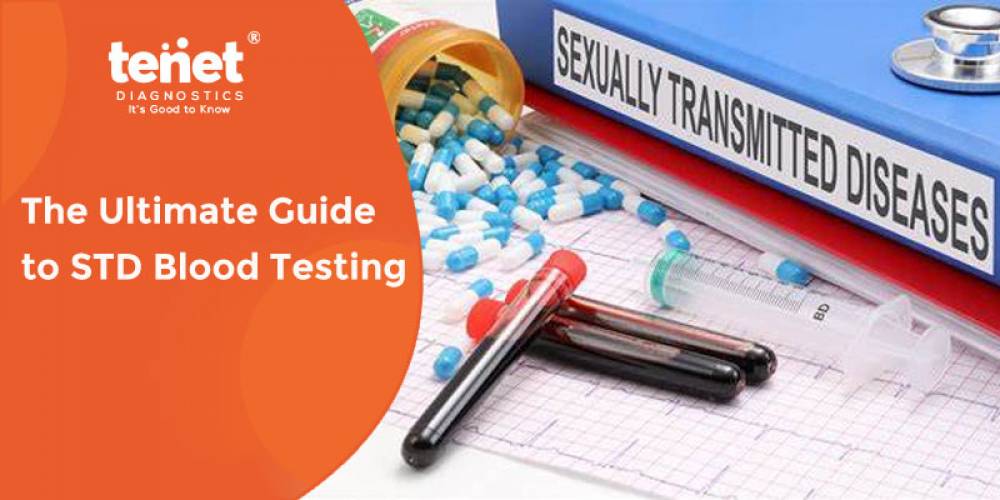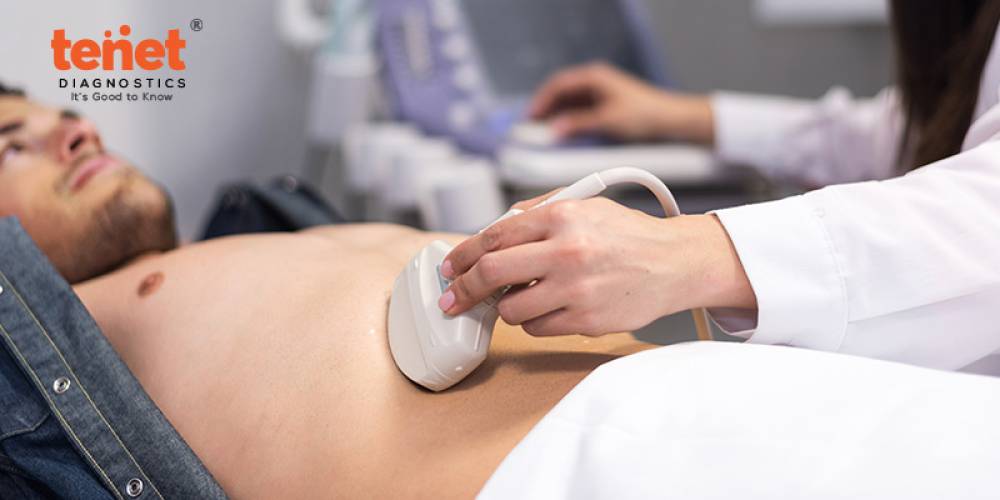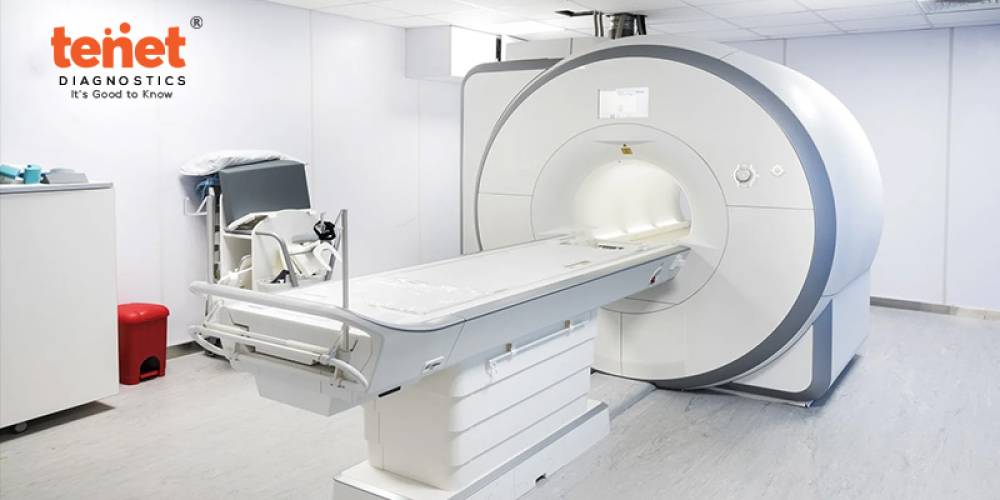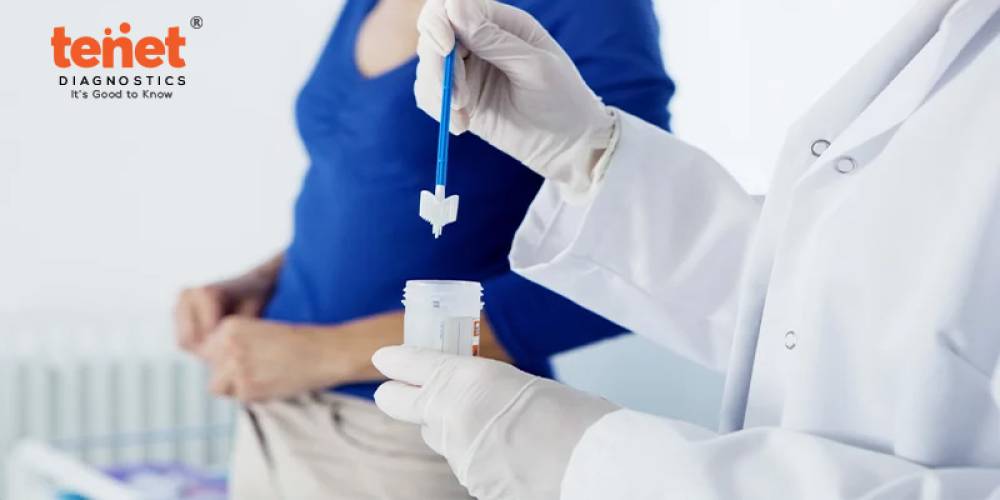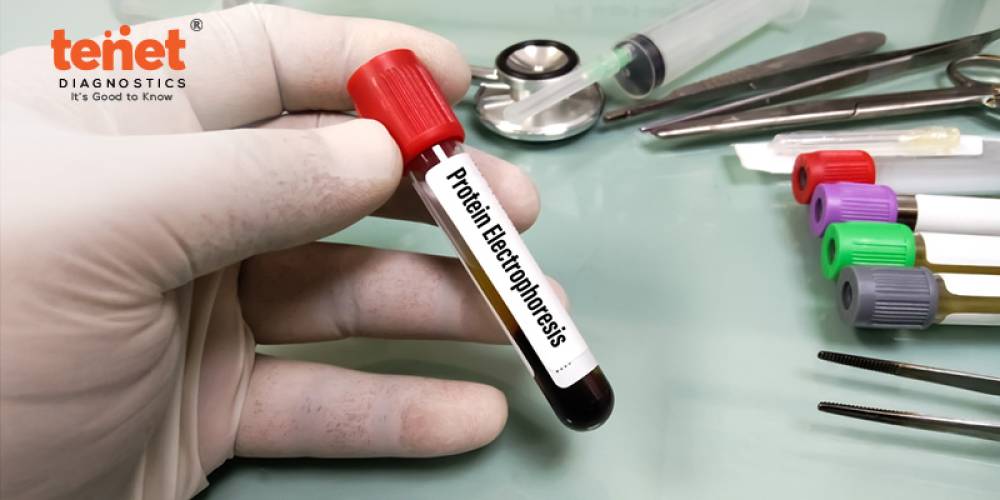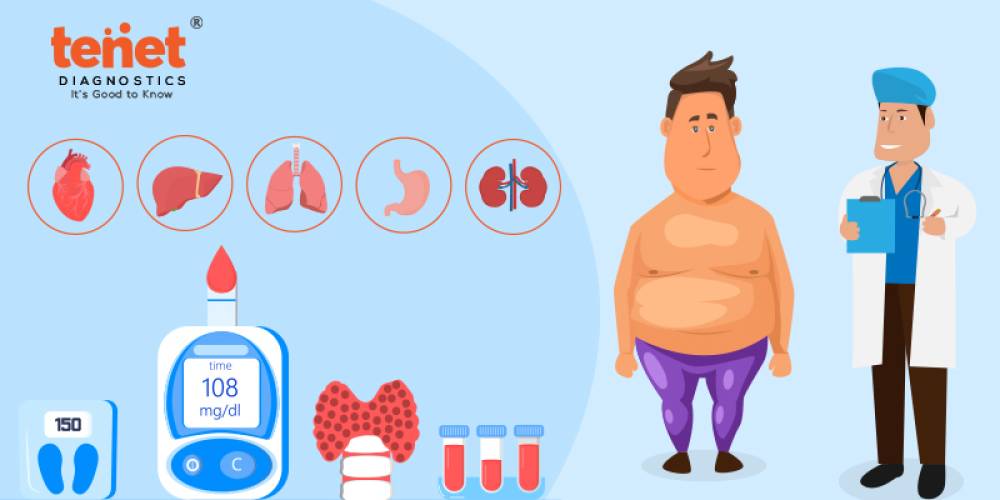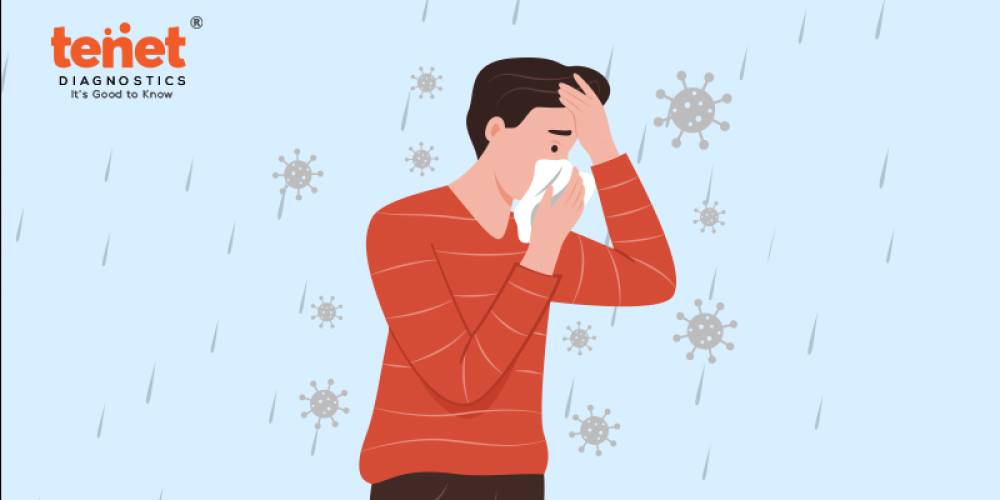blood testsAs the name implies, sexually transmitted infections (STIs) and illnesses are spread through sexual interaction. Blood, semen, vaginal fluid, and other bodily fluids can carry the bacteria, viruses, or parasites that transmit sexually transmitted illnesses from one person to another. These infections can occasionally be spread through nonsexual activities, such as during birth or receiving blood transfusions or sharing needles. STIs sometimes go unnoticed. Sexually transmitted illnesses can be acquired from individuals who appear healthy and might not even know that they are infected. STD blood tests are considered vital to check for the presence of the same in the body.
Before undergoing these tests, it is essential to choose the diagnostic centre carefully.
Symptoms Of STDs:
There are numerous indications and symptoms that an STD or STI may exhibit. Sometimes, they might not be recognized until issues arise or a partner is diagnosed. STD blood tests are recommended if the symptoms are present.
There are several warning signs and symptoms of an STI, including:
- Pimples or sores in the mouth, rectal area, or on the genitalia
- Scorching or agonizing pain during urination
- Strange or unpleasant vaginal discharge
- Vaginal bleeding
- Sexual discomfort
- Lymph nodes that are painful and swollen, often in the groin but occasionally more widely distributed
- Lower-back pain
- Fever
- Rash on the hands, feet, or trunk
Causes Of STDs:
- Bacteria: STIs that are brought on by bacteria include gonorrhoea, syphilis, and chlamydia.
- Parasites: An STD called trichomoniasis is brought on by a parasite.
- Viruses: HIV, genital herpes, and HPV are among the viruses that cause STIs.
Although it is possible to contract an illness without engaging in sexual activity, other infections such as the hepatitis A, B, and C viruses, Giardia infection, and Shigella infection can spread through sexual activity.
How To Prevent Getting An STD:
There are many strategies to prevent or lower your risk of contracting STDs or STIs.
- Abstain: The best strategy to prevent STIs is to refrain from having physical intimacy with multiple people or with anyone you don’t really know about.
- Stay with one healthy companion: Being in a committed relationship for a long time when both partners only have physical intimacy with each other, and neither is infected is another practical approach to prevent STIs.
- Watch and see: Wait until you and your new partner have undergone STI testing before engaging physical intimacy. Although oral intercourse is less dangerous, avoid contact that occurs between the genital and oral mucosa by using a latex condom or dental dam.
- Obtain a vaccine: Certain STIs can be avoided by getting vaccinated early on before sexual contact. Hepatitis A, B and the human papillomavirus (HPV) can all be prevented with vaccines. The HPV vaccine can be injected when they are as young as nine, but it is recommended for girls and boys between 11 and 12. New-borns often receive the hepatitis B vaccine, and children under the age of one are advised to obtain the hepatitis A vaccine. Both vaccinations are suggested for those at higher risk of illness and those who aren't already immune to these diseases.
- Consistently and correctly use dental dams and condoms: For every sexual act, whether oral, vaginal, or anal, use a fresh latex condom or dental dam. Never use a latex condom or dental dam with an oil-based lubricant, such as petroleum jelly. Natural membrane condoms are not advised since they are ineffective at preventing STIs. Also, bear in mind that although latex condoms lower your chance of exposure to the majority of STIs, they offer less defence against STIs like HPV or herpes that involve open genital sores. Additionally, non-barrier methods of contraception, such as intrauterine devices (IUDs) and birth control pills, do not offer STI protection.
- Avoid abusing drugs or drinking alcohol excessively: You're more prone to engage in sexual risks if you're inebriated.
- Communicate: Before engaging in any intense sexual activity, discuss safer sex techniques with your partner. Make sure you are clear about the actions that are and are not acceptable.
- Think about male circumcision: There is evidence to suggest that circumcision may assist men in lowering their risk of contracting HIV via a woman who has the disease by as much as 60%. Additionally, male circumcision may lessen the risk of genital herpes and HPV infection.
Test for confirmation of Sexually Transmitted diseases in Tenant diagnostics:
Infections known as STDs are mainly communicated through sexual activity, such as anal, oral, and vaginal sex. In addition, some diseases can be passed from a woman to her unborn baby or through kissing that involves intimate bodily touch.
Bacteria, viruses, or parasites are the leading causes of STDs. Every year, millions of people contract some STD, with young people between 15 and 24 accounting for half of the diagnoses. Chlamydia, gonorrhoea, genital herpes, HIV, and HPV (human papillomavirus) infections are examples of common STDs.
Certain STDs can result in destructive and long-lasting health issues, such as blindness, brain damage, infertility, birth deformities, and even death if they are not treated. Thankfully, all STDs are treatable; some can even be completely cured. Fortunately, there is a cure for all STDs.
You might undergo one of the following tests, depending on the kind of infection that is thought to be present:
1. STD blood tests:
- Used to identify syphilis, HIV, Chlamydia and occasionally herpes.
- A medical practitioner will draw blood for the test from a vein in your upper arm using a tiny needle. A small quantity of blood will be taken inside a vial or test tube after placing the hand.
At Tenet diagnostics, you can undergo Chlamydia pneumoniae IgG antibody serum test for just 4200/-. This test can confirm the presence of Chlamydia infection. We even have offer home sample collection services for increased ease and comfort.
2. Urine tests:
- Used to identify Gonorrhoea and occasionally trichomoniasis.
- You will submit a sterile urine sample in a cup as directed by your provider during the trial.
In this test both Chlamydia and Neisseria gonorrhoeae are tested for at the same time because they have similar symptoms. A precise diagnosis is necessary because the antibiotic treatments for the two infections differ. At tenet diagnostics, you can avail this test for 6510/- only.
3. Swab Tests:
- used to identify herpes, gonorrhoea, chlamydia, and HPV.
- A healthcare professional will collect a specimen from the infection site during the test using a specialized swab. Samples may be obtained from the vagina or cervix in females. Swab from the penis or urethra, the tube which transports pee from the body, may be obtained from men.
Testing for bacteria can be done by a Gram stain from Urethral swab. Avail this service for 440/- in tenet diagnostics.
4. Spinal tap or lumbar puncture:
- This is not a standard STD test, but it might be requested if your doctor suspects you have syphilis in an advanced stage or if a herpes infection has travelled to your brain or spinal cord.
- An anaesthetic will be injected into your back before this test, so you won't experience any pain.
- A thin, hollow needle will then be inserted between two vertebrae in the lower back when the area has become numb. The little bones that compose the vertebral column are called vertebrae. Your healthcare practitioner will then remove a small volume of fluid for testing.
Risks Associated with Testing:
- The danger of getting a blood test is extremely low. Even though you can have minor discomfort or bruising wherever the needle is inserted, most side effects are transient.
- Having a urine or swab test carries no known hazards.
- If you have a lumbar puncture, the area of the spine, wherever the needle was put, may be painful or uncomfortable. A headache could also develop following the treatment. The headache could persist for a few hours or even a week.
Final Words:
For sustaining sexual health and halting the spread of illnesses, STD blood tests are essential. Blood tests for STDs can be a quick and easy way to check for many sexually transmitted diseases. Understanding the many STD testing methods that are offered on the market is crucial. False positives and negatives might happen occasionally, therefore it's crucial to follow up with healthcare professionals frequently.
Frequently asked questions:
1. How accurate are STD blood tests?
The STD blood tests are mostly accurate; however, it is not uncommon for false negatives or positives to occur. Hence, it is often recommended for the person to undergo constant checks with the healthcare provider to confirm the infection.
2. Do you need to fast before STD blood test?
In general, fasting is not essential before undergoing the STD blood test. However, it is a great idea to follow specific instructions provided by the doctors.

